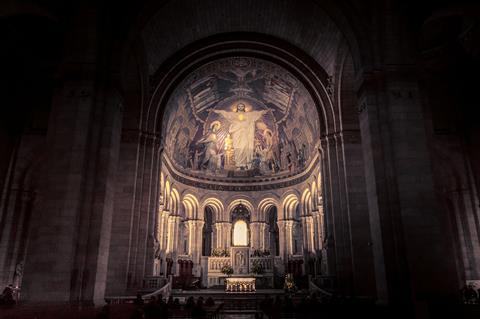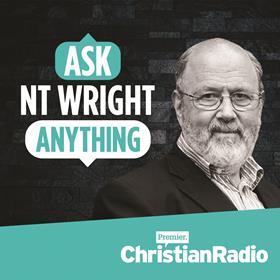Tom Wright gives his answer to a reader’s question

Q: My name is Andrew and I’m a new convert to Christianity. I’m much more familiar with Catholic traditions, as my wife and children attend a Catholic church. But since my conversion, I am struggling to choose a church, as I connect more with Reformed theology. What should I do?
Finding a spiritual home is a personal and sometimes complex journey. The question of which denomination to join can feel overwhelming, especially when family traditions and theological beliefs are in tension.
The primary distinction between Catholicism and Protestantism stems from the Reformation, when figures such as Martin Luther and John Calvin sought to reform what they perceived to be theological errors in the Roman Catholic Church.
One of the key divisions concerns authority. The Catholic Church holds that scripture and Church tradition together form the basis of faith. Protestants emphasise the importance of scripture alone as the ultimate authority.
Another doctrinal difference is the question of justification. Catholicism teaches that salvation involves faith, good works and participation in the holy sacraments. Reformed theology holds to justification by faith alone; salvation is a work of God’s grace, received through faith in Christ alone, completely free of our own making.
Perhaps for Andrew, the decision to be made is not purely theological. His wife and children attend a Catholic church, but while he respects Catholic traditions, he struggles to affirm all of them, which presents a challenge. At the same time, rejecting Catholicism outright could create division in his family. It is a complicated situation.
I want to emphasise that when we come together to read scripture, pray to the Father through the Son, in the power of the Spirit, labels are secondary. We should strive to do together everything that we are not compelled to do apart.
Some paths forward could be to engage with ecumenical discussions – many Protestant and Catholic theologians today acknowledge a shared faith in Christ, even if doctrinal differences remain. Andrew and his wife could seek guidance from both Catholic and Reformed pastors to explore areas of common ground going forward.
Regarding baptism, officially, Roman Catholics and most Protestant denominations recognise Trinitarian baptism, even if it has taken place within a different ecclesial context. Andrew might consider being baptised in a setting that aligns with his conscience, while still maintaining unity with his family in worship.
Finally, I would recommend Andrew and his wife read scripture together. If they can commit to reading the Bible together, God’s word will guide them in mutual understanding and respect.

Faith is a journey, and denominational identity should serve as a means, not an obstacle, to following Christ. By prioritising scripture, prayer and unity in his family, Andrew can hopefully navigate this decision with grace and God’s wisdom. His goal should be to honour both his convictions and his family’s faith, seeking a church community that nurtures spiritual growth while keeping Christ at the centre.
Ultimately, this is just the beginning of Andrew’s journey. I pray that both he and his wife approach this process with joy and patience and can find God’s leading.
Hear more from Tom Wright on the ‘Ask NT Wright Anything’ podcast premier.plus





































No comments yet